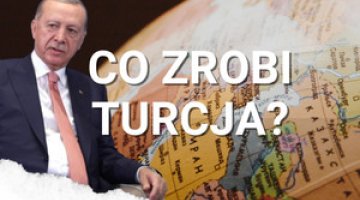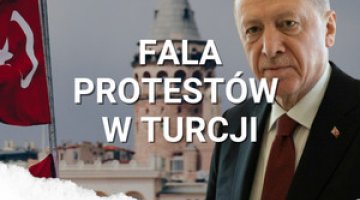Turkey: our president, our prime minister
On 28 August, Recep Tayyip Erdogan became Turkey’s president. The makeup of the new government and its agenda have also been made known. The task of forming the government was entrusted to Ahmet Davutoglu, who until recently had served as the minister of foreign affairs. Davutoglu has also replaced Erdogan as the head of the ruling Justice and Development Party (AKP). The cabinet has undergone a minor staff reshuffle; the new government will include two new deputy prime ministers (Numan Kurtulmus and Yalcin Akdogan – both being Erdogan’s close aides); and Mevlut Cavusoglu, who served as the minister for European affairs in the previous cabinet, will be the minister of foreign affairs. Contrary to previous speculation, the ministers in charge of economic issues (deputy prime minister Ali Babacan and minister of finance Mehmet Simsek) have remained in their posts. The vote of confidence in the new government has been scheduled for 6 September. The parliamentary election in Turkey will be held in June 2015.
Commentary
- The makeup of the new government, which is almost identical to what it had been prior to the presidential election, and above all the loyalty of the prime minister and two deputy prime ministers, guarantee Erdogan control and real authority over the government, even though he is formally vested mainly with representative powers under the constitution currently in force. The president will be pushing through a constitutional reform to bring Turkey’s political system in line with reality. However, this scenario is unlikely to be brought about before the parliamentary election next year. The fact that the president’s office and the seat of government are both located in a monumental new complex of buildings on the outskirts of Ankara and not in the historical presidential palace, where Prime Minister Davutoglu will have his office, additionally emphasises the position of president as the de facto pivotal centre of power.
- The informal system of power focused around Erdogan, which has little in common with the constitutional political order, will cause Turkey to continue drifting away from the standards of liberal democracy and the rule of law. It should be expected that Erdogan will further tighten his grip on the country’s social and political life (as well as the media and business). The consequences of this will include the state governance model becoming more and more preterlegal, and the spirit and the letter of law will become subservient to the interests of the ruling camp; , last but not least, elections will come to be more and more a façade – procedurally, they will be correct, but the government camp will have an overwhelming advantage as regards media coverage, finances and organisational capabilities.
- Prime Minister Davutoglu mentioned that intensifying efforts to integrate with the EU was among the government’s priority tasks. These declarations and the nomination of Mevlut Cavusoglu, who has a good reputation in the EU, as the minister of foreign affairs are aimed at reassuring Ankara’s Western partners and confirming that the pro-Western vector in Turkey’s policy will not change. However, given the alarming tendencies in domestic policy, the deepening crisis on Turkey’s south-western frontiers, and the lack of political will in the EU, it seems that these are merely PR moves. At the same time, the concentration of power in Erdogan’s hands on a scale unseen since the times of Ataturk, the founder of the Turkish state, is offering an opportunity for another priority task on the government’s agenda to be implemented: settling the Kurdish issue (by making concessions as regards the language, culture and local governments). If Ankara achieves this goal it will be a great success at home and in the international arena.





